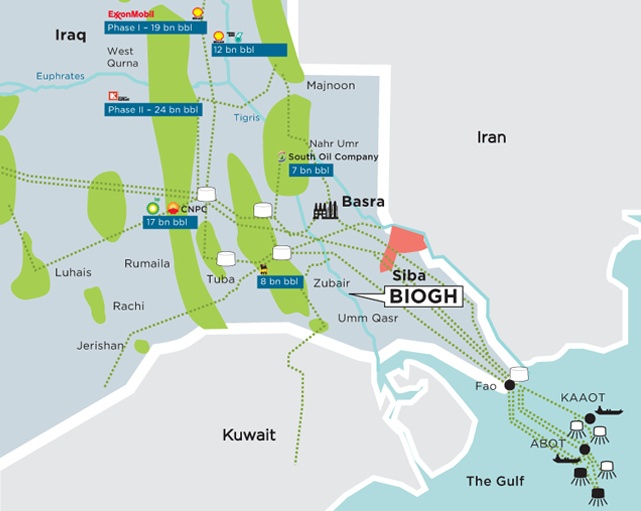Iraq produces COVID-19 laboratory supplies to more rapidly test cases
In cooperation with the World Health Organization (WHO), the COVID-19 Crisis Cell of Basrah University in southern Iraq has successfully produced urgently needed laboratory supplies to speed up testing of suspected cases.
The global demand on supplies and equipment to fight COVID-19 has created a worldwide shortage of supplies. In particular, stocks of virus transport medium (VTM) – a gel-like substance used to preserve nasal swab specimens while they are being transported to laboratories – have been low.
As of 1 April, the University manufacturing team produced more than 1620 VTM, in addition to 3200 nasal swabs. These were delivered to health directorates in Iraq’s Basra, Muthana, Karbala, and Wasit governorates.
This new production, along with the Reverse Transcriptase-PRC (RT-PCR) kits provided by WHO, has facilitated the testing of hundreds of suspected cases in southern Iraq.
“The latest bottleneck to contain and reduce the spread of COVID-19 in Iraq has been the shortage of supplies and equipment needed to collect and transport samples,” said Dr Adham Ismail, WHO Representative in Iraq. “For this, WHO and Basra University have coordinated efforts to produce the essential laboratory products needed to test suspected cases, and together, we set the overall goal for supplying the quantities needed countrywide,” he added.
The new local production of VTM and swabs is a collective effort by Basra University, WHO, and other faculties like Al Zahraa Medical College, Faculty of Pharmacy, College of Sciences, and College of Agriculture, all in Basrah governorate. “We hope this will solve the domestic shortage issue resulting from the global demand,” said Dr Saad Shahin, President of Basra University.
The Basrah Crisis Cell has also announced 3 other COVID-19 response measures, including an online application for COVID-19 self-reporting. So far, the app has been used by 4500 applicants, of whom 130 qualified for further testing by the RT-PCR kits.
Disinfectants and sterilization material, including hand-rub gel, have also been produced locally with support from WHO and the Government of Iraq.
(Source: WHO)

